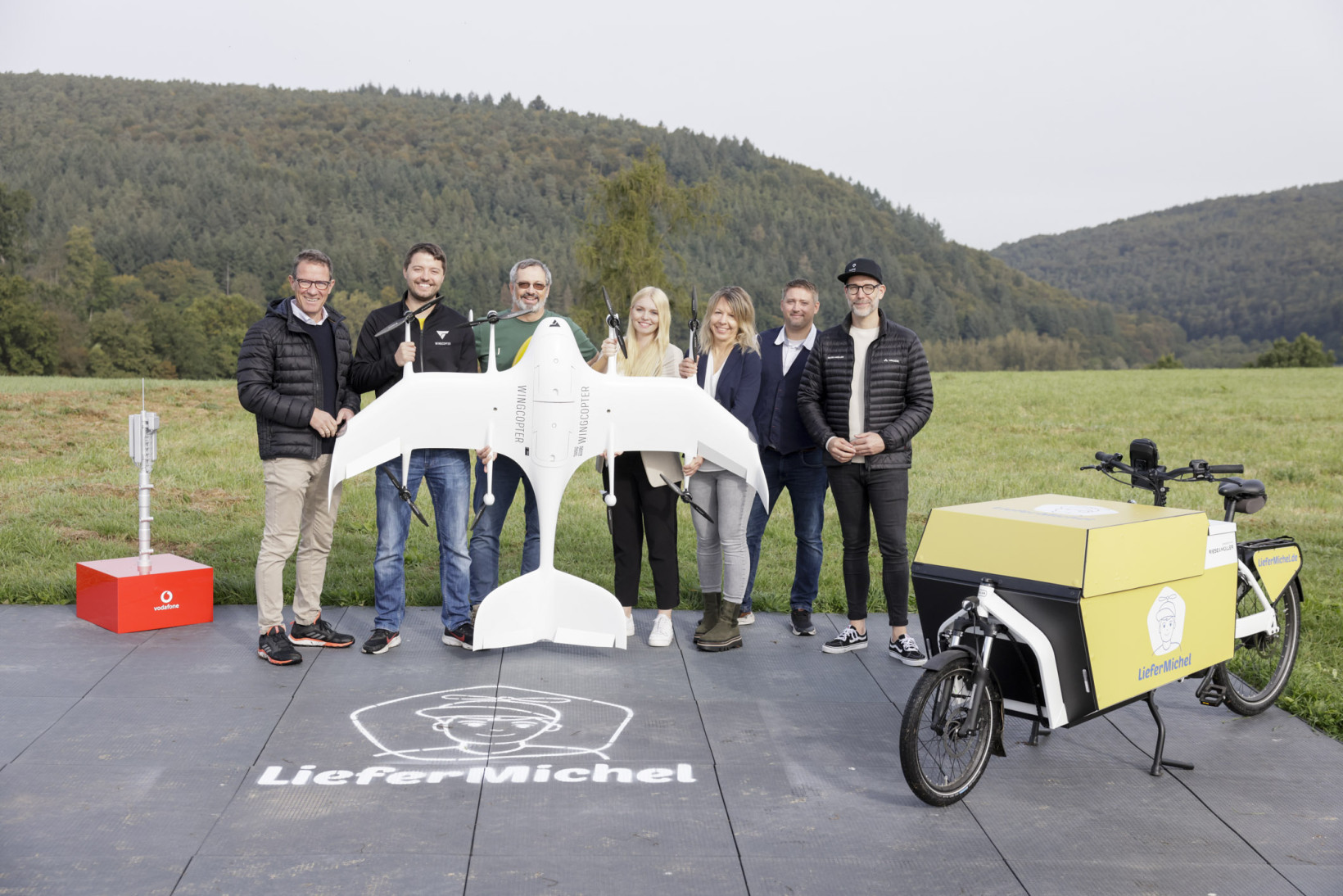UK lost €2.3B in tax from big tech because rules are ‘no longer fit for purpose’
Up to €2.3bn of annual tax from big tech may be missing from the UK’s coffers because of archaic rules.
That’s according to TaxWatch, a think tank formed to expose abuses of the taxation system. In new research, the group analysed the finances of seven tech giants: Apple, Microsoft, Meta, Amazon, Adobe, Cisco, and Google owner Alphabet.
TaxWatch estimates these companies made almost £15bn (€17.3bn) of profit from British customers in 2021 alone. However, international tax rules allow these firms to shift most of these profits to other countries. As a result, they were only liable for annual UK taxes of around £753mn (€869mn).
If the profits had not been moved elsewhere, that figure could have quadrupled. TaxWatch estimates that the tax due would have been around £2.8bn (€3.2bn).

The <3 of EU tech
The latest rumblings from the EU tech scene, a story from our wise ol’ founder Boris, and some questionable AI art. It’s free, every week, in your inbox. Sign up now!
The research, however, doesn’t claim that the tech firms have used any illegal practices.
Under current tax rules, multinational corporations can lawfully operate worldwide while concentrating their profits in low-taxed jurisdictions. Consequently, they can dramatically shrink their tax burden in some of their biggest markets.
Claire Ralph, the director of Taxwatch, told TNW that the shortfall stems from outdated laws.
“The international tax rules were developed when trade was based on trading manufactured tangible goods, whereas we now have a services-based digital economy where data, algorithms, and AI are delivering much more profit,” she said.
“Whilst the UK has various anti-avoidance provisions to try to limit this, it’s a constant battle of cat and mouse — the rules are no longer fit for purpose.”
Big tech’s tax tactics
These issues are widespread, but they’re particularly acute at tech companies.
One reason for this is the sector’s uniquely cross-border operations. As tech firms can operate across multiple countries without a physical presence, they can easily shift profit sources to countries with extremely low tax rates.
Tech giants can thereby get a global reach from headquarters in low-tax countries.
Another factor is the propensity for services to be provided by one tech group company and “traded” within the group. Transactions are rarely kept at arms-length — which makes it harder to calculate a normal allocation.
“The market dominance of some global giants is distortionary,” Ralph said.
In addition, big tech has enormous profits. Three of the five most profitable companies in the world are tech companies, according to Forbes. (Oil giant Saudi Aramco is number one, followed by Apple and Microsoft. The fourth spot goes to another oil behemoth, Exxon Mobil. Alphabet rounds off the top five.)
When the profits are so enormous, there’s a greater incentive to shift them into other jurisdictions — because the rewards are higher.
A global tax problem
Around the world, lawmakers are trying to force big tech to pay more tax. One effort is a global plan from the Organisation for Economic Cooperation and Development (OECD).
The initiative aims to let countries capture more tax revenue domestically — but progress has been slow. There are now growing concerns that countries will ditch the international agreement for local laws.
To the ire of the Biden administration, Canada is currently developing its own digital services tax. The White House has threatened to impose retaliatory measures.
The UK, meanwhile, introduced a domestic digital sales tax in 2020. The measure applies an extra levy to tech giants, but critics expect companies will circumvent the rules.
TaxWatch has raised doubts about both the global and national schemes.
“Reform of the international tax regime is overdue,” Ralph said. “TaxWatch has concerns that neither developments championed by the OECD, nor the UK’s Digital Services Tax will deliver for the UK.”
In addition to reform, Taxwatch has called for greater transparency. The think tank wants the British government to require greater public disclosure of profits for tax purposes. This would make it easier to discern the tax contributions from large companies.
“The lack of information about how much profit is earned and how much tax is paid is itself a major issue,” Ralph said.
UK lost €2.3B in tax from big tech because rules are ‘no longer fit for purpose’ Read More »











